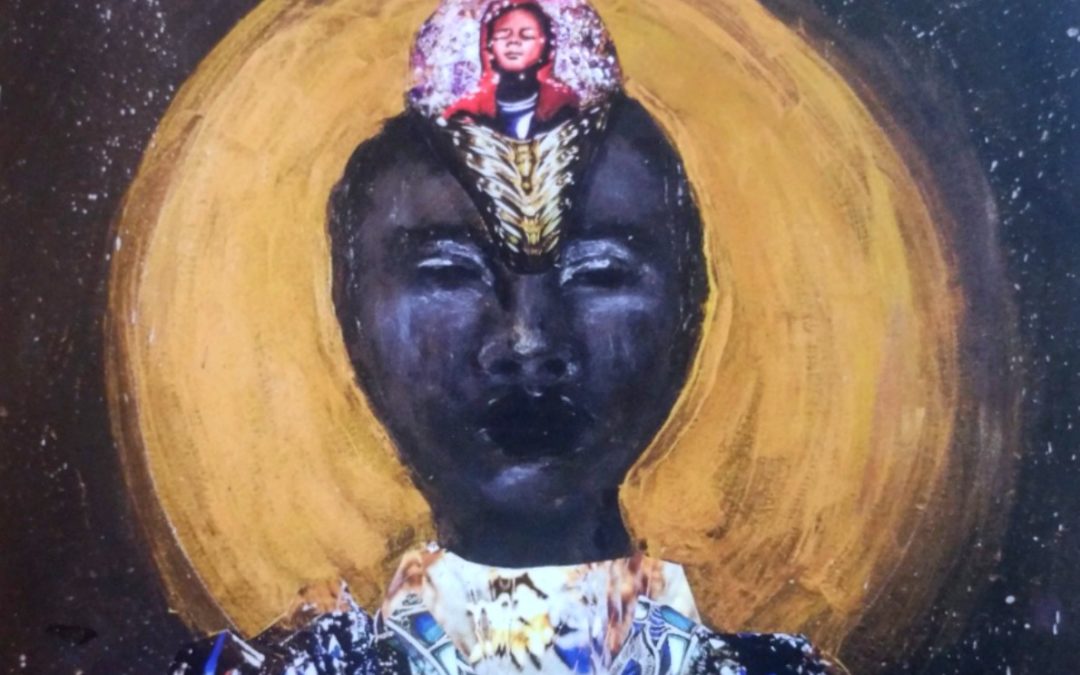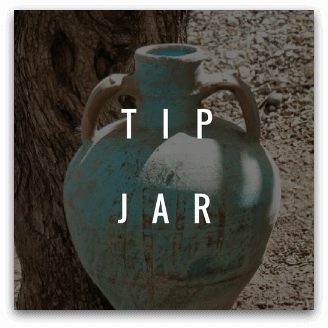This post first appeared at siobhansmirror.com on Jul 11, 2016
This piece is coming from a different place than originally intended. I intended grace, distance. A put-togetherness. My regular queen-of-swords antics. Not today. After this week’s events, I don’t have the normal emotional buffer that I rely on as an empath. The one I speak about at the beginning of my piece this week on littleredtarot.com.
It might sound insane to suggest that in the middle of confusion, outrage, sadness, and grief that one might work on themselves.
That one might ask uncomfortable questions in the face of trauma. I trust you to decide when it is appropriate for you to do this kind of work. I hope that you will be kind to yourself. Even if that means you stop reading right now. I won’t hold it against you. That said I’m going to keep writing. Some things need to be said and I strive to grow my capacity to say them and to forgive myself when I cannot. As I said in my newsletter today, we can only do our own best.
Use the questions below to journal.
Use them as a tarot spread. Use them as a conversation starter but make sure your conversation partner has the energy or interest in engaging these kinds of questions. Use these questions to know yourself better. Use them how you will. Or don’t and save them for later. Take a healing bath instead. May your inquiry be led by love. Even when it burns white hot and lives in you as anger. May your inquiry be a prayer for hope or a precursor for action. May your own truth lead you.
[Tweet “May your inquiry be led by love. Even when it burns white hot & lives in you as anger. #radicaltarot”]

1. What creates safe spaces for you?
If we don’t take the time to honor the parts of us that desperately want to feel safe, to be known as good, or to be trusted these parts will lead us and we may never know when or where. Our need to feel good and safe, if denied, might lead us to do things we might not normally do, to defend when no one attacks, to crave attention because of the attention we don’t give ourselves.
If you need to retreat. If silence comforts you. Doing your best might mean backing away. Honor that. Do it consciously, though. And remember that there are entire groups of people that never get to ask themselves this question. Maybe it never occurred to them that their safety matters. (It does.) Maybe they can’t yet imagine a reality where it does. (It does. And so does yours.) Remember entire groups of people who don’t have the option to back away. Not without spiritual and psychological bypass. Remember these people and let those memories inspire you to go, truthfully, to your own edge.
Have faith in what you need. But have doubt too. It’s easy to feel like any level of discomfort is intolerable. Explore your edges when you can and they will grow. The bigger your capacity to feel safe in spite of discomfort, the bigger your capacity to hold a space where another can feel safe too.
It’s ok not to know the answer to this. Self-care is always worth exploring.

2. What creates safe space for the marginalized?
You may not know the answer to this question. This is not the place to guess or to try to understand in a vacuum. There are people – allies, people of color, academics, advocates, and professionals – of all kinds that have written about this. I’ve linked to additional resources for allies at the bottom of the post at little red tarot. I just googled this question and found a decent list of places to start, some of them sources I already trust. Whatever you find, remember that even the most well-meaning ally can do a fair bit of damage if they don’t ever explore their own beliefs. At times like these, it can be tempting to reference your marginalized friends and feel comfortable with your position as someone who has connected with all different kinds of people.
[Tweet “There isn’t a word that could be said that absolves us of recognizing our prejudices. #radicaltarot”]
There isn’t a word that could be said that absolves you or me of doing the work to recognize our personal prejudices and our privilege.
No matter how many black friends you have, know, and love. Don’t be the friend who constantly misunderstands. Don’t rely on your friend to constantly call you out on it. Those same friends already need to call out their co-workers, bosses, potential bosses, partners, strangers, and clients. They might be tired of calling people out. In the words of one of my favorite teachers Betty Martin (taken totally out of context btw!) before you make a comment or take an action ask yourself ‘who is it for?’ Who does the comment or sentiment support and how? ‘Who is receiving the gift’?
And on that note…

3. What’s in your shadow?
Where are you shrinking? Ignorant? Fearful? Resentful? What examples were you given growing up about people that are different? In school? At home? Even if your environment was really progressive or inclusive, it’s human nature to categorize, fear, and act from bias. If not in relation to appearances than in relation to how people think, show emotions, treat time, how they work.
What have you taken to be absolutely true about certain groups of people or even people in general? If you come up blank, look to the things you won’t tolerate in yourself. How could I have been so careless? Late? Stupid? Awkward? We ask ourselves these things because we think it’s good for us. We think it’s the way to shepherd ourselves back to the “right” way of being. What is your idea of the “right” way of being? How do you treat those that don’t measure up? (Yourself included?)
This question is tricky.
Use the tarot to explore it further:
Pull a card face up, consciously, to represent the word ally. What card reminds you of this word? Got it? I’m assuming this card has light qualities, that it is a card that reminds you of forces of good. Now explore it’s shadow side. Using the card you chose as a prompt:
- What is one way you have used your allyship as a way to avoid discomfort?
- If it’s not happened before, what’s one way you imagine you could?
- What is one way you have used your privilege to create space for someone who needed it?
Pull another card face up to represent an outsider. What card reminds you of someone that you might fear? Now we try the same exercise in reverse. I’m assuming this card is heavy or scary. Now explore it’s shadow side. Using the card you chose as a prompt:
- What is one way you have used your fear as a way to grow or expand?
- If it’s not happened before, what’s one way you imagine you could?
- What is one-time fear created an opportunity for you to grow?

4. How do you work your shadows?
What supports you in seeing all of yourself? What do you do to process darkness? Screaming in water? Sparring? Journaling? Inquiry? Spellcraft? Energetic cord-cutting? How do you replenish afterward? What or who reminds you that you are amazing? Regardless of what you do, explore, or heal? Tally these things. Engage them in the forthcoming dark moons. Without the hashtags and media coverage. With nothing but your ritual tools and open heart to witness you. How will you do your work?

5. What is your gift?
What are you made for? This will vary wildly depending on where you are in life. An extrovert might be ready to notice and interact with people of color even though they never have previously. The more reserved might explore new kinds of comedy, new kinds of blog posts, new books. Gift yourself with a wider perspective. Gift the more fearful among you with your leadership. Gift the people around you with your compassion, even if you aren’t sure how. Perfection is overrated. Your earnest curiosity and concern are enough. Especially when you don’t expect those feelings to be the central focus in a marginalized person’s life.

6. How will you give these gifts?
I talked a bit in my newsletter about my first encounter with allies. Some of them were the kind to grab a megaphone and organize. Some quietly educated themselves. You might not notice their less visible ally-actions but you saw it in their knowledge of other cultures, heard it in the way they acknowledged systems of oppression in their speech, in their art, in their behavior. This can be as small as offering a choice of diverse decks to a sitter or refraining from posting that graphic auto-playing video. This can be as big as providing spaces exclusively for people of color at your next big event.

7. What have I left out?
What’s one question you might use to explore allied action?
I’m sure there’s plenty. I’ve left out the parts where we go out into the world and take action. Check out the linked resources here and at little red tarot for non-spiritual actions to take.
- Link your resources for possible political actions, self-care, or anything else relevant that I might have missed.
- Share this post if you know someone who might need it.
- Stay in touch. It may take me a while for me to say all-the-things on this topic, just a few lifetimes. But I will endeavor to do my best.
Thank you for hearing me.
All modified (and unmodified) deck images from:
Dust II Onyx by Courtney Alexander, Black and Sage 2017




[…] https://radicaltarot.com/7-questions-earnest-allies/ […]